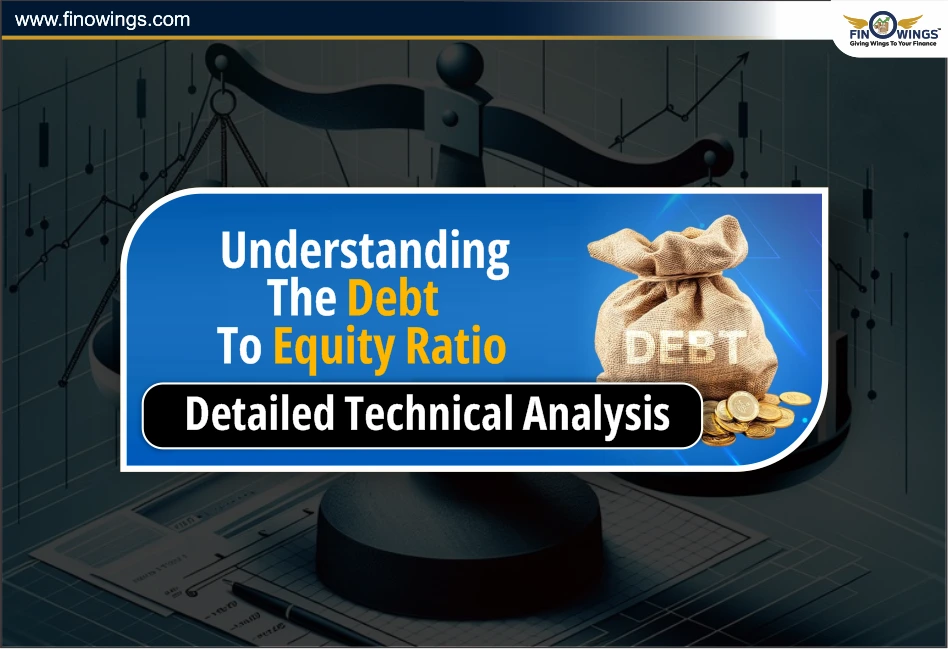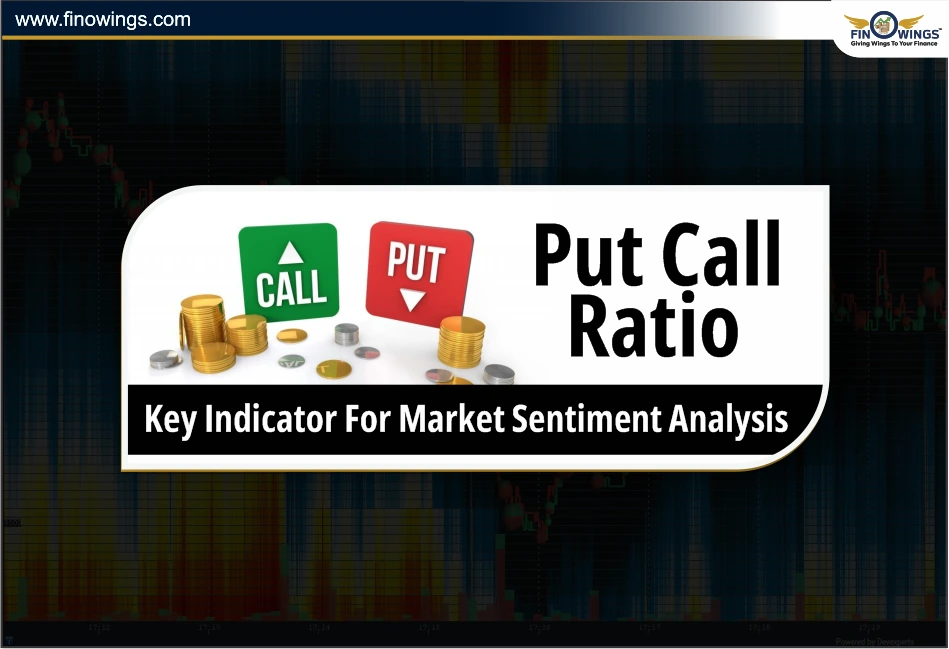Home >> Blog >> Why SEBI Banned Naked Short Selling: Impact on Investors
Why SEBI Banned Naked Short Selling: Impact on Investors

Table of Contents
Introduction
The world of stock markets is getting excited again, and the reason behind it is SEBI – the Securities and Exchange Board of India. They've recently made a significant decision that's got everyone talking. In this blog, we are going to break down the Ban on Short Selling in easy-to-understand language. Just stick with us to the end.
SEBI's Background
SEBI has been quite active in the past few years, paying attention to the Indian markets becoming safer and better. They've taken various precautions and implemented rules to improve liquidity, making our markets competitive on a global scale.
The Recent Decision
Cut to the chase: SEBI has put a ban on short selling, and we're here to explain in simple language why and what it means for you.
Detailed Video
Understanding Short Selling
First things first, let's quickly understand what short selling is. It's like betting against a stock. Instead of buying low and selling high, short sellers sell high (borrowing the stock) and aim to buy it back at a lower price. If the stock drops, they make a profit.
SEBI's Rules Explained:
SEBI has laid down some ground rules to control short selling, especially by institutional investors. Here's the breakdown:
1. The Ban on Naked Short Selling:
SEBI has put its foot down – no more naked short selling in the Indian securities market. But what exactly does that mean? Well, all investors now have to stick to their word and deliver the securities they promise during settlement. It's like a rule to ensure everyone plays fair and square.
2. No-Day Trading for Institutional Investors:
Here's the deal for the big players, the institutional investors. They can't do day trading or quickly close their deals within a single day. Instead, they need to handle all their transactions at a higher level (think of it like a group effort) and fulfil their obligations in a big-picture way.
3. Brokers' New Responsibility:
Brokers now have a new job – they need to collect and share information about short sell positions, script by script, before the next trading day. This helps keep things transparent, like turning on the lights in a room.
4. SEBI Surveillance:
SEBI will keep a close eye on all scripts, regularly tracking and reviewing them.
Why the Ban?:
Now, let's try to understand why this ban was initiated. SEBI's main goal is to prevent wild stock movements like we've seen in companies like Adani. These moves, often based on news, involve institutional traders creating large shorts to make quick money. SEBI wants to ensure the markets are fair and not manipulated for profits.
The Supreme Court raised concerns about this, and SEBI took action. Recently, a stock analyst suggested dumping Indian stocks, potentially causing panic among Foreign institutional investors (FIIs). SEBI stepped in to avoid any adverse impact on FII investments.
Expert Opinions
Experts in the field have varied views. Some say these rules are in line with what we already had, while others feel it's a bit of a grey area. The rules mostly apply to trades happening within our borders, so they might not catch what's happening outside India.
What's in it for You?:
So, how does this affect you as a retail investor?
Pros:
- Companies and their shareholders are protected from manipulation.
-Transparency increases as institutional investors must inform SEBI about their short-selling plans.
Cons:
-Intraday activities might be impacted as naked shorting is banned.
- Prices may not behave the same way as before.
On a broader scale, SEBI's move aligns with the Indian Government's recent push for increased Foreign Direct Investment (FDI) involvement. With a more robust and regulated market, FDI involvement in the cash market is expected to rise.
Conclusion
SEBI's decision is a double-edged sword with both advantages and disadvantages. As investors, it's essential to understand the dynamics and implications. What are your thoughts on SEBI's move? Share your insights and let's keep the conversation going.
Disclaimer:
While the opportunities look promising, remember that investing is an art, not just a quick way to make money. It's important to do your research, talk to financial experts, and invest wisely. The opening of the Ram Mandir might bring blessings, but successful investing requires careful planning.
Frequently Asked Questions
Short selling involves selling borrowed stocks with the anticipation of buying them back at a lower price. SEBI's ban aims to regulate and control this practice, ensuring fair play in the Indian securities market. Investors are no longer allowed to engage in naked short selling, promoting transparency and accountability.
SEBI initiated the ban to prevent market manipulation and wild stock movements. Concerns raised by the Supreme Court regarding potential adverse impacts on Foreign Institutional Investors (FIIs) prompted this action. SEBI aims to maintain a fair and stable market environment, safeguarding companies and shareholders from speculative trading practices.
SEBI has introduced several rules to regulate short selling, including:
- Prohibition of naked short selling.
- Restriction on day trading for institutional investors.
- Brokers' responsibility to collect and share information about short sell positions.
- Enhanced surveillance by SEBI to monitor and review all scripts regularly
- Pros:
- Protection for companies and shareholders from market manipulation.
- Increased transparency as institutional investors must inform SEBI about their short-selling plans.
- Cons:
- Potential impact on intraday activities due to the ban on naked shorting.
- Changes in price behavior compared to the pre-ban scenario.


















